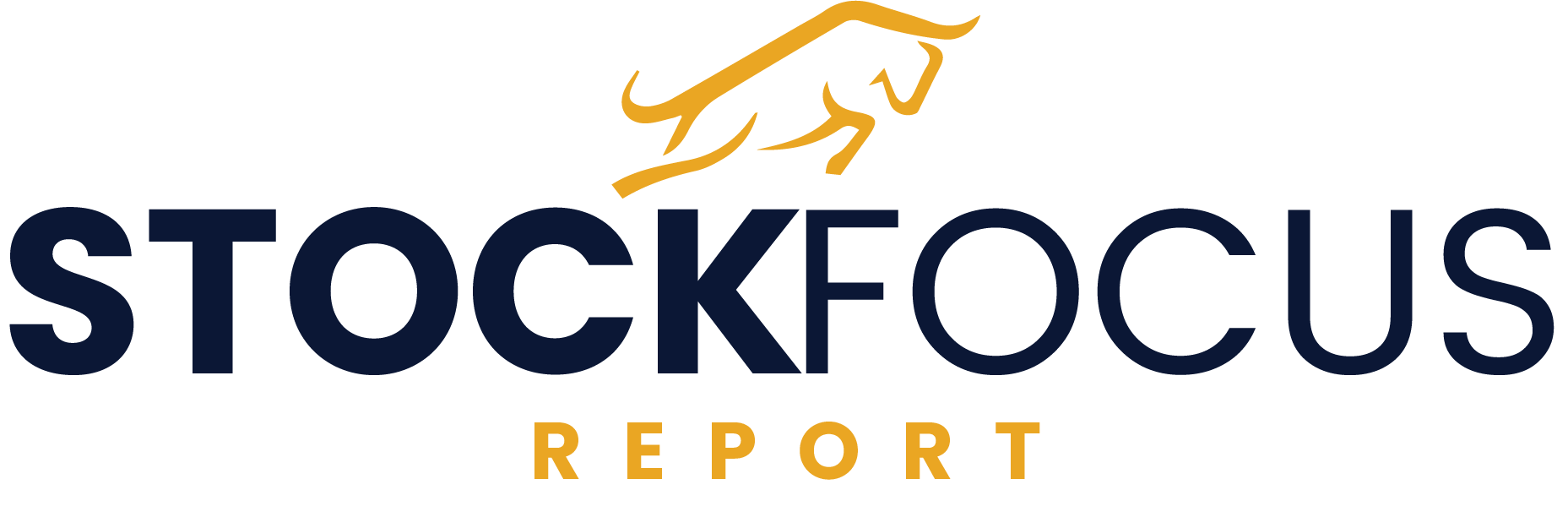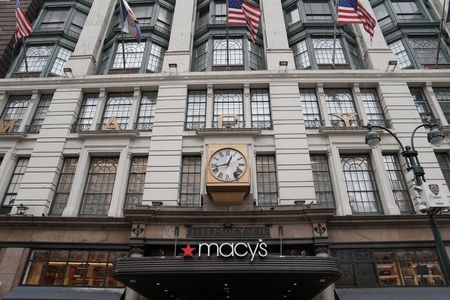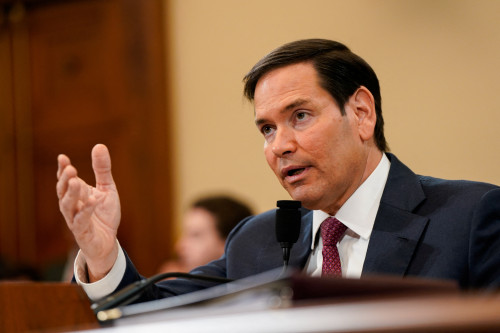
FILE PHOTO: The Nordstrom store is pictured in Broomfield
By Katherine Masters and Abigail Summerville
NEW YORK (Reuters) -America’s biggest publicly traded department store chains could be set for private-equity or hedge-funds ownership, dramatically changing the retail landscape in the United States.
Investments in retail and consumer companies accounted for just 7% of the total U.S. private equity deal volume of $2.6 trillion in the last decade compared to nearly 15% of the total volume of $1.7 trillion in the prior decade, according to Dealogic data.
But deals for Macy’s and Nordstrom might change the dynamic, putting private ownership of major U.S. retailers back in vogue.
In its new bid to take Nordstrom private, for example, the Nordstrom founding family wants to keep control of the chain but doesn’t want the pressure of having to release quarterly performance as it’s trying to figure out its strategy.
Nordstrom opened 19 new Nordstrom Rack locations in 2023 and has plans to open an additional 22 stores in 2024, executives told investors in a post-earnings call on March 5.
The rapid expansion of Rack, Nordstrom’s discount-focused sister chain, puts Nordstrom at odds with competitors such as Macy’s, which is shuttering around 150 nameplate Macy’s locations but recently outlined plans to open at least 45 new upscale Bloomingdale’s and Bluemercury stores over the next three years.
The move will allow Macy’s to focus on growing its better-performing luxury brands, CEO Tony Spring told investors in a post-earnings call in February.
Nordstrom Chief Financial Officer Cathy Smith told investors in March that the company intended to “grow where the market is growing” by expanding the presence of discount Rack stores.
The retailer currently operates 258 Nordstrom Rack locations and 93 full-priced Nordstrom stores, according to its most recent earnings release.
The expansion has come as department store chains struggle with gloomy consumer demand and steep competition from off-price retailers like TJX and Burlington Stores.
Nordstrom’s expansion into its discount Rack business is an effort to capture some lower-income shoppers while expanding its presence in off-mall shopping centers, where Rack stores are typically based.
“There are downsides to being a public company because you’re under scrutiny. People expect you to make numbers and hit guidance, but that hasn’t always been happening,” said Morningstar analyst David Swartz, referring to Nordstrom.
While Rack stores have been a bright spot in recent quarters — with sales increasing 14.6% year-over-year over the holiday shopping period compared to a 3% decline at the full-price Nordstrom banner — the chain struggled with excess inventory during the pandemic. A push to bring in lower-priced clothing and footwear at some Rack locations also failed to attract shoppers.
Nordstrom “can’t seem to get both parts of the business working at the same time,” Swartz said.
Executives have since made changes to the Rack assortment, bringing in more well-known brands such as Ugg and Cole Haan. “We know that delivering great brands at great prices is what our customers want,” Nordstrom CEO Erik Nordstrom told investors earlier this month.
The Nordstrom family invoked a so-called poison pill back in 2022 when the Mexican department store El Puerto de Liverpool took a nearly 10% stake, which analysts have pointed to as another sign that they want control of Nordstrom to stay with the family.
Macy’s, on the other hand, told Reuters on Tuesday that it will open its books to Arkhouse and Brigade Capital, a potential breakthrough in the investment firms’ $6.6 billion bid to take the U.S. department store operator private.
Having access to such due diligence could enable Arkhouse and Brigade to secure debt commitments to finance the deal, people familiar with the matter had earlier told Reuters.
A key difference, sources said, is that while the Nordstrom family is pushing for private ownership, Macy’s faces an unsolicited hostile bid. And because Macy’s is a better operator with less leverage than Nordstrom, it’s easier to finance, they added.
(Reporting by Katherine Masters, Abigail Summerville and Svea Herbst-Bayliss; Editing by Sandra Maler)






